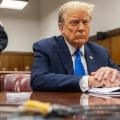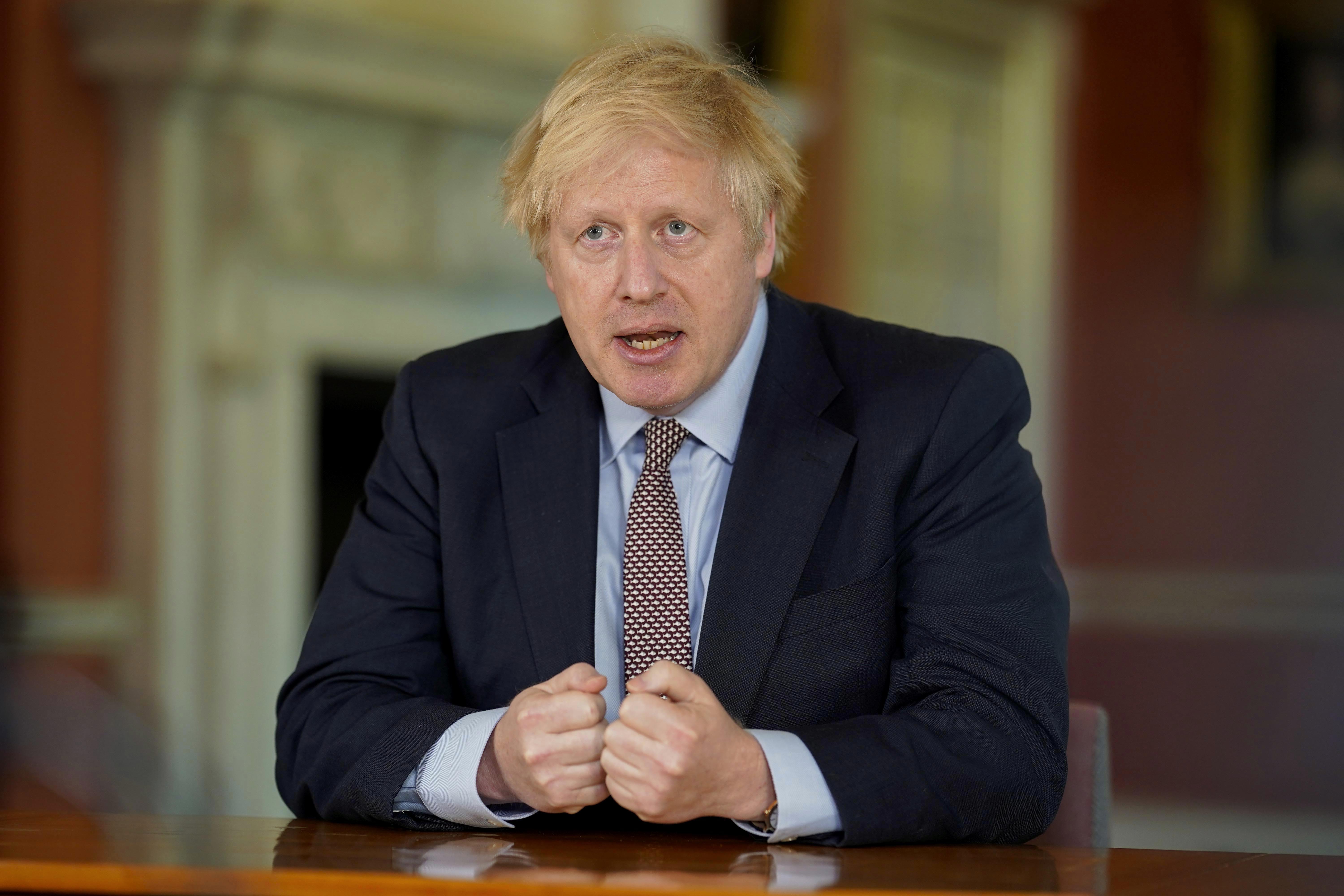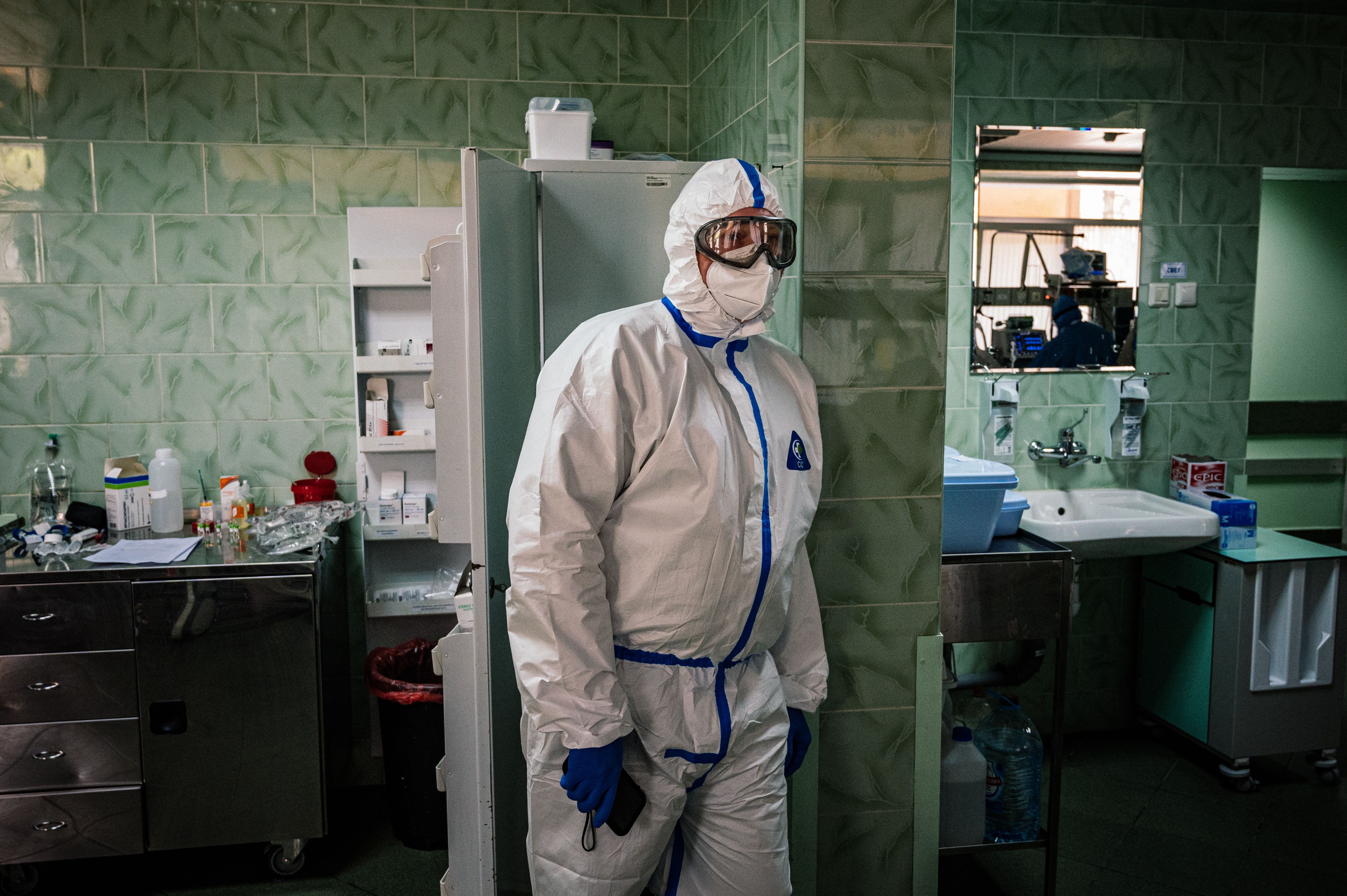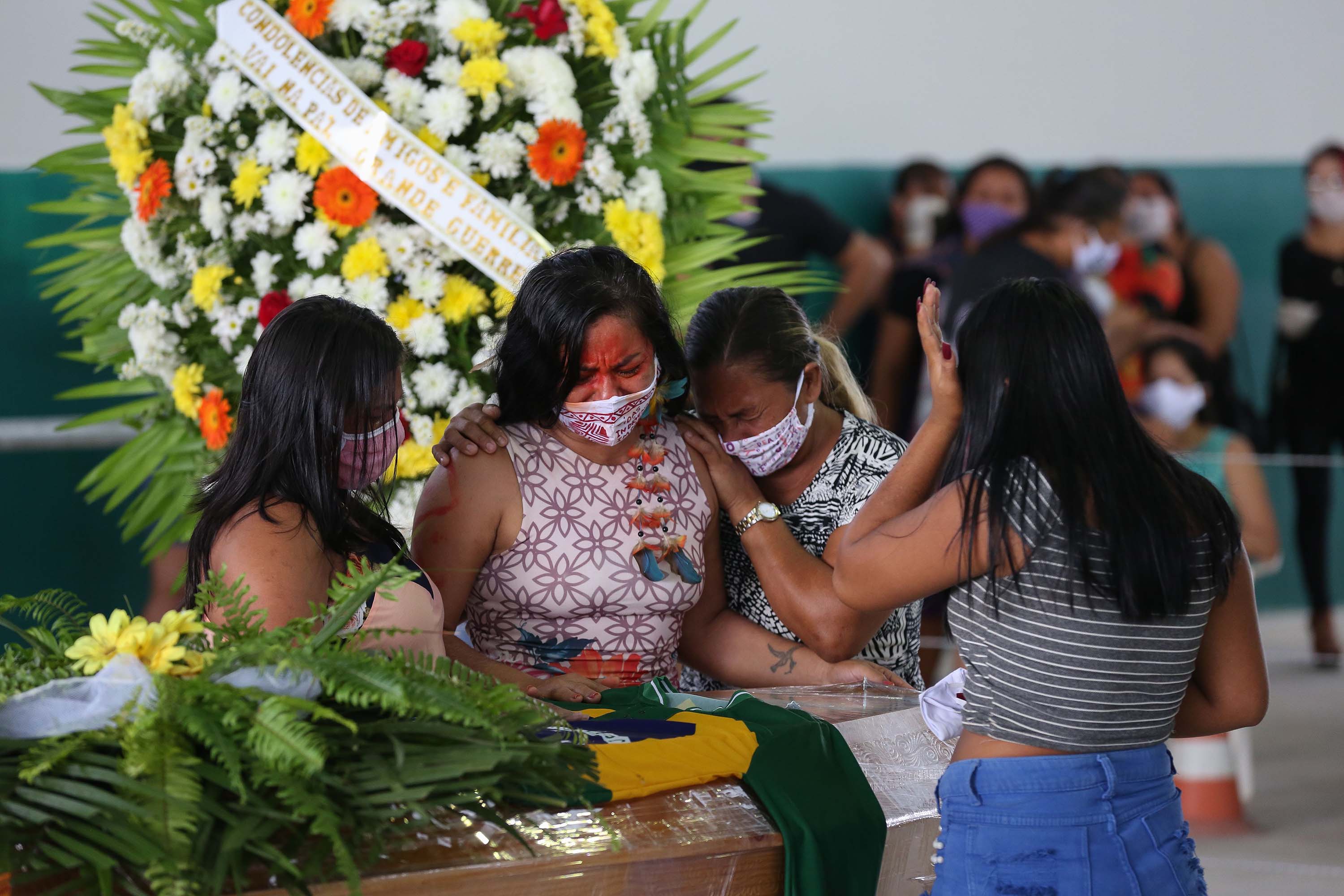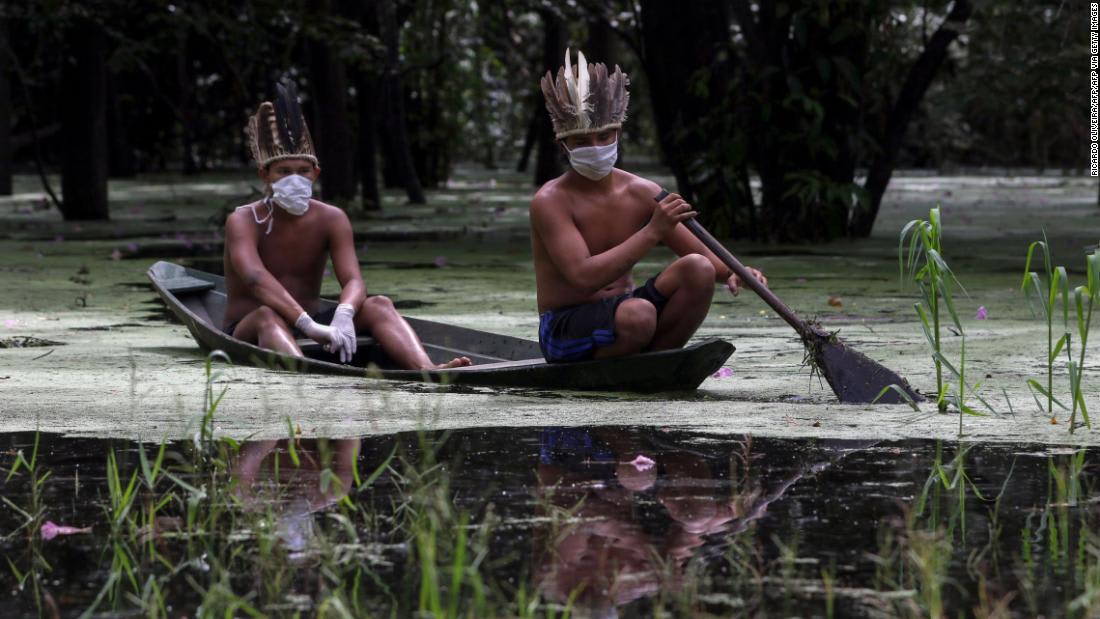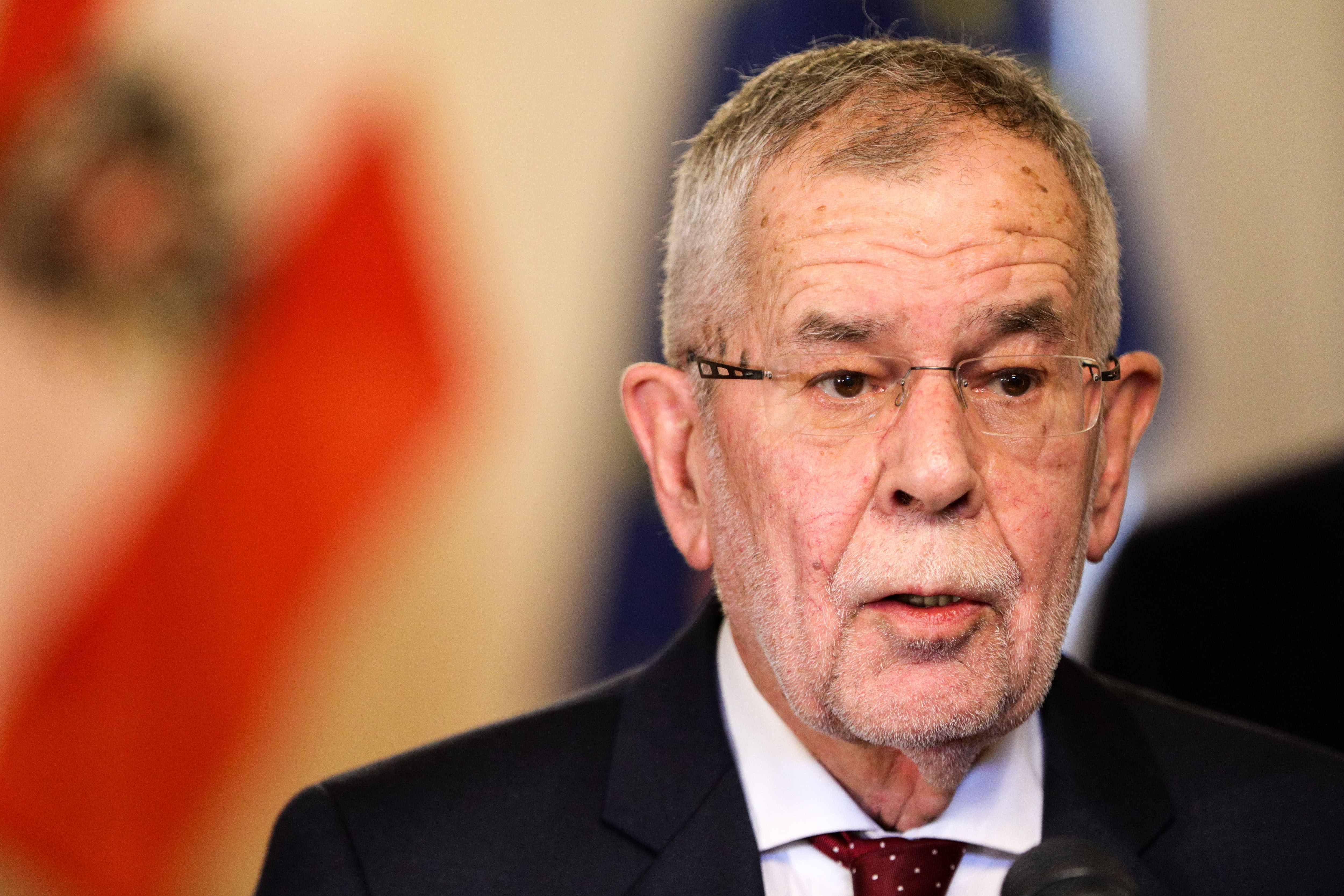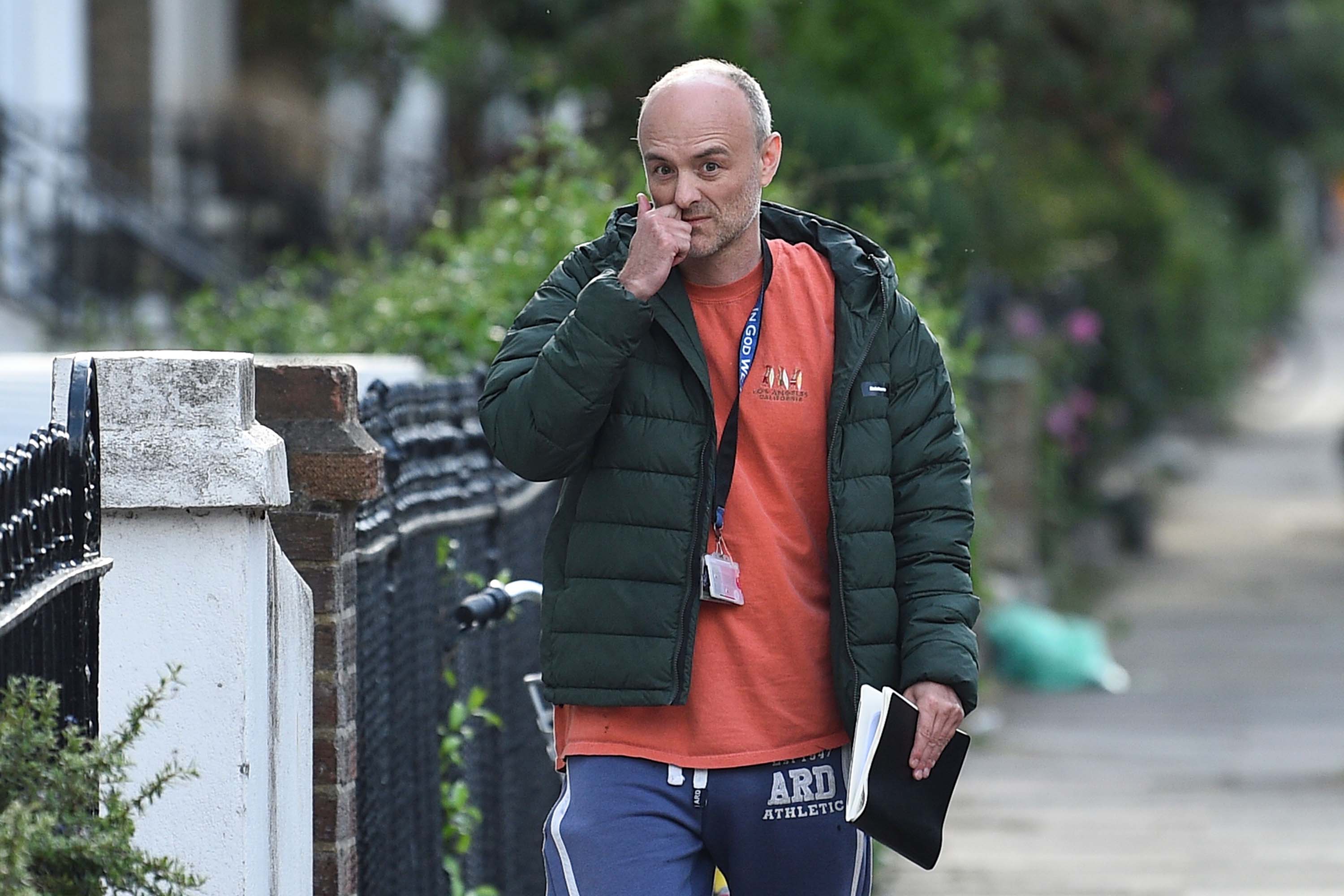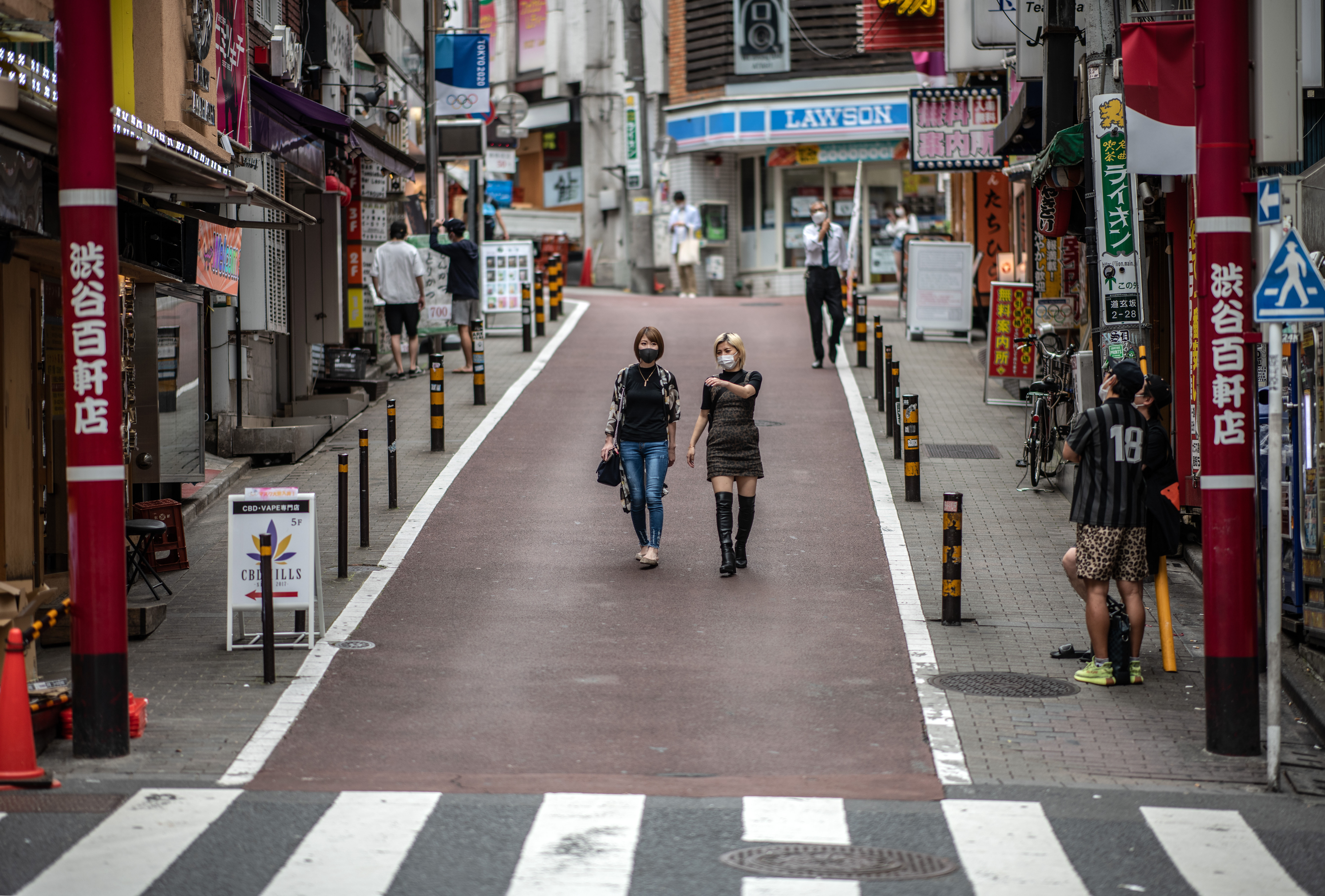
Japan's Prime Minister Shinzo Abe will end the state of emergency across the whole country tonight, he said in a briefing on Monday.
Much of Japan entered the state of emergency on April 7, as the country tried to rein in the coronavirus pandemic.
It has since been lifted across most of the nation and businesses have reopened and social activities have slowly resumed.
The country has recorded 16,550 cases of the virus and 820 deaths, according to data from Johns Hopkins University.
“We were able to end the outbreak in about one month and a half with Japan’s own way," Abe said Monday, adding that Japan would gradually increase social and economic activities to create a “new life” with the coronavirus.
Abe will have a task force meeting Monday night after which the lifting of the state of emergency will take effect.
Abe also announced he would put together a second supplementary budget on Wednesday, to boost the government's stimulus packages.
The amount provided by the two stimulus efforts comes to over 200 trillion yen ($1.87 trillion).
"The economic revival would be the first priority for my administration," Abe said.
Museums and sports facilities will open in Tokyo from Tuesday, the city's governor Yuriko Koike said, while schools in the capital will reopen with a phased approach.
While taking questions after the briefing Abe also discussed the Tokyo Olympics. He said that the development of a coronavirus vaccine was “significant” for the country being able to host the event in its complete form.
The Games are scheduled to begin on July 23 2021, after being postponed for a year due to the pandemic.
The Japanese leader was also asked about the dispute between the US and China over the origins of Covid-19.
Abe said in response that he believed the coronavirus started in China.
